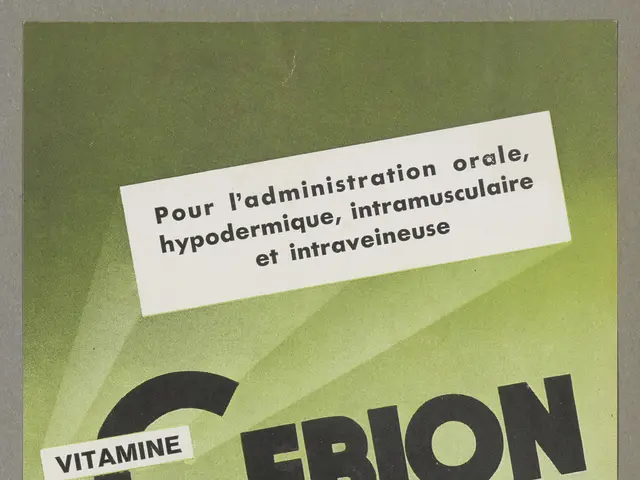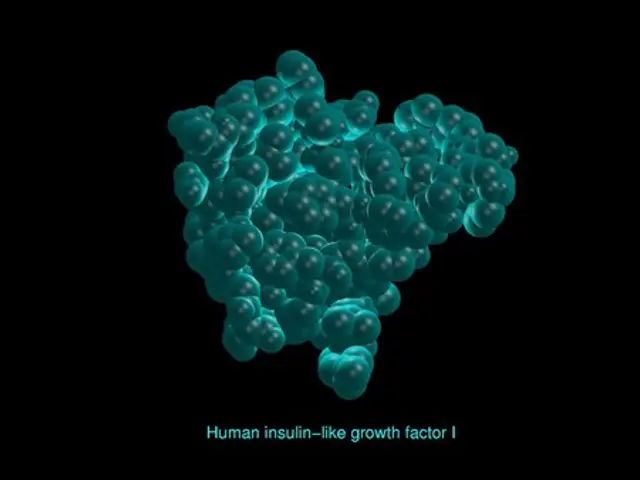Bipolar Disorder and Exhaustion: Strategies and Beyond
Bipolar disorder, a psychological condition characterized by shifts between episodes of mania and depression, can be challenging to manage, especially when it comes to fatigue. This article explores effective strategies for managing fatigue in individuals with bipolar disorder, focusing on sleep hygiene, exercise, diet, and medication.
Sleep Hygiene
Maintaining consistent sleep hygiene is crucial for managing fatigue in people with bipolar disorder. Poor sleep can trigger manic episodes and worsen fatigue. Key practices include:
- Sticking to a fixed bedtime and wake-up time every day, even on weekends.
- Avoiding screens and blue light exposure 1–2 hours before bed to support melatonin production.
- Creating an optimal sleep environment that is dark, quiet, and cool; using blackout curtains, white noise machines, or fans as needed.
- Avoiding caffeine after noon and limiting napping that could interfere with night sleep.
- Developing a relaxing pre-sleep routine such as reading or meditation to reduce stress before bedtime.
Exercise
Regular, gentle exercise such as yoga, swimming, or walking can improve mood and reduce stress, thereby helping manage fatigue. Aim for consistency rather than intensity and tailor activity to individual energy levels. Exercise can directly boost energy levels, help people fall asleep more quickly, and sleep more soundly, which can indirectly reduce fatigue.
Diet
Maintaining a nutritious diet is essential for supporting mental and physical health and maintaining a healthy weight. Proper nutrition contributes to stable mood regulation and energy levels. Avoid substance use, including alcohol and drugs, as they can disrupt mood stability and interfere with medications.
Medication Considerations
Bipolar medications can help regulate circadian rhythms and prevent mood episodes that contribute to fatigue. Any medication changes, including stopping or tapering, must be done under strict psychiatric supervision to avoid relapse. Treatment-resistant symptoms may require medication adjustments or advanced interventions. Medication combined with lifestyle strategies is most effective for fatigue management in bipolar disorder.
In summary, managing fatigue effectively involves a holistic approach combining strict sleep hygiene, regular physical activity, balanced nutrition, and professional medication management, all tailored to the individual's condition. Regular therapy and professional support also enhance coping and reduce relapse risk.
References:
- American Psychiatric Association. (2013). Diagnostic and Statistical Manual of Mental Disorders (5th ed.). Arlington, VA: American Psychiatric Publishing.
- National Institute of Mental Health. (2021). Bipolar Disorder. Retrieved from https://www.nimh.nih.gov/health/topics/bipolar-disorder/index.shtml
- National Sleep Foundation. (2017). Sleep Hygiene: Tips for Better Sleep. Retrieved from https://www.sleepfoundation.org/articles/sleep-hygiene-tips
- National Institute for Health and Care Excellence. (2014). Bipolar disorder: assessment and management. Retrieved from https://www.nice.org.uk/guidance/cg185
- Academy of Nutrition and Dietetics. (2016). Position of the Academy of Nutrition and Dietetics: Nutrition and Lifestyle Interventions for the Prevention and Treatment of Mood Disorders. Journal of the Academy of Nutrition and Dietetics, 116(8), 1389–1406. doi: 10.1016/j.jand.2016.05.006
- For an individual with bipolar disorder, antihistamines can be problematic as they may exacerbate fatigue, particularly when used as a sleep aid.
- Managing hives, a common symptom, can indirectly help in managing fatigue in people with bipolar disorder. Proper skin care, over-the-counter treatments, and consulting a healthcare provider may be necessary for effective hive management.
- A health-and-wellness routine that includes good sleep hygiene, regular exercise, and a balanced diet can contribute significantly to combating fatigue.
- Mental-health considerations like stress management, practicing mindfulness, or seeking therapy can also help address fatigue in individuals with bipolar disorder, as they are interconnected with overall energy levels and mood regulation.





